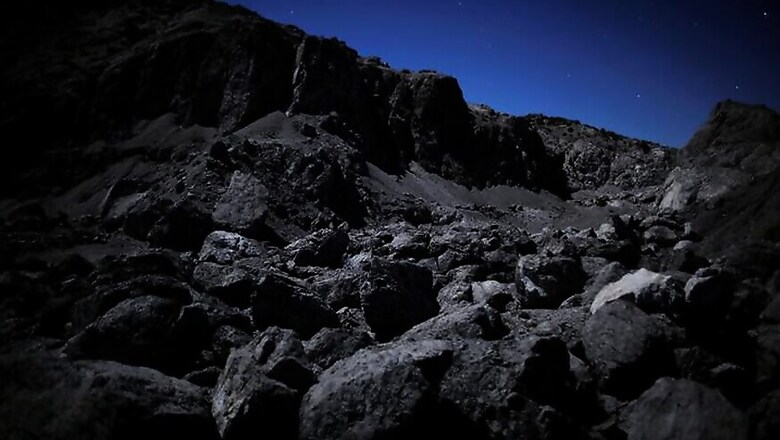
views
Over a quarter of nitrogen on Earth comes from the planet's bedrock, according to a study that could greatly improve climate change projections. For centuries, the prevailing science has indicated that all of the nitrogen on Earth available to plants comes from the atmosphere. The study, published in the journal Science, found that up to 26 percent of the nitrogen in natural ecosystems is sourced from rocks, with the remaining fraction from the atmosphere.
Also Read: Samsung Galaxy S8 'Burgundy Red' Variant Launched in India as a Limited Edition
Before this study by researchers at the University of California - Davis in the US, the input of this nitrogen to the global land system was unknown. The discovery could greatly improve climate change projections, which rely on understanding the carbon cycle. This newly identified source of nitrogen could also feed the carbon cycle on land, allowing ecosystems to pull more emissions out of the atmosphere, the researchers said.
Also Read: Apple iPhone 8, iPhone 8 Plus to Launch in Red to Fight AIDS
"Our study shows that nitrogen weathering is a globally significant source of nutrition to soils and ecosystems worldwide," said Ben Houlton, a professor at the UC Davis. "This runs counter the centuries-long paradigm that has laid the foundation for the environmental sciences," said Houlton. "We think that this nitrogen may allow forests and grasslands to sequester more fossil fuel CO2 emissions than previously thought," he said.
Also Read: Nokia Brand Licensee HMD Global Aims to Make Components in India
Ecosystems need nitrogen and other nutrients to absorb carbon dioxide pollution, and there is a limited amount of it available from plants and soils. If a large amount of nitrogen comes from rocks, it helps explain how natural ecosystems like boreal forests are capable of taking up high levels of carbon dioxide, researchers said.
However, not just any rock can leach nitrogen. Rock nitrogen availability is determined by weathering, which can be physical, such as through tectonic movement, or chemical, such as when minerals react with rainwater, they said.
Watch: Motorola Polaroid Insta-Share Printer Moto Mod | First Look




















Comments
0 comment